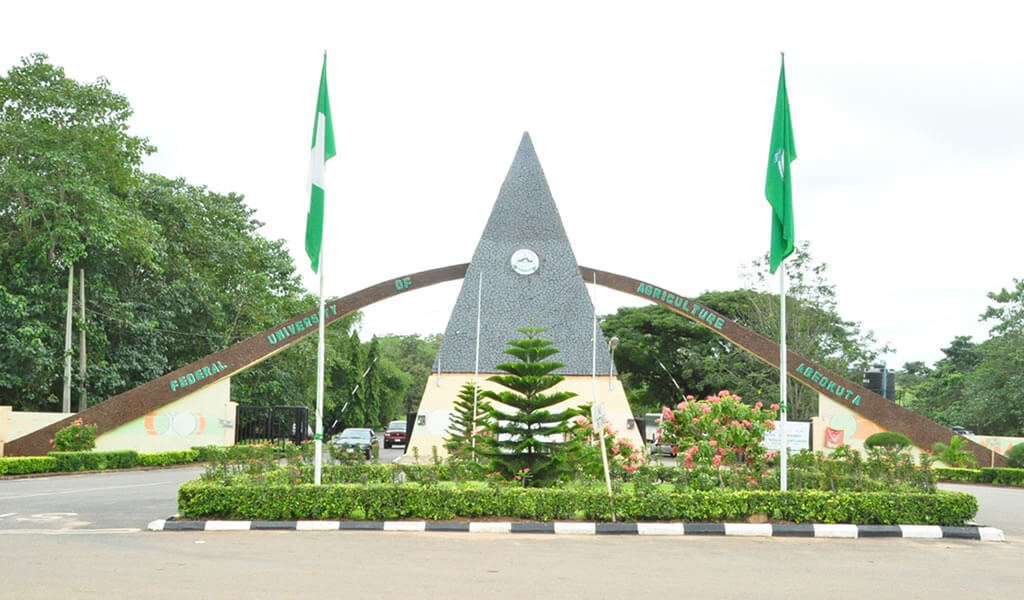The Department of Animal Production and Health was established in 1989 at its minicampus Isale-Igbein which is located in the centre of Abeokuta. The Department moved along with the University to the permanent site in December 1997. The Department emphasizes modern way of teaching and research in Animal Production. The Department has three laboratories for feedstuff analysis, meat processing and postgraduate research, respectively. Livestock product processing has been gradually introduced into the programme to enable the students acquire sufficient skill for self-employment after graduation. Meat, milk and egg processing feature prominently at 500level for the final year students. The meat processing laboratory in particular is fairly equipped for the manufacture of meat products such as sausages, burgers, etc.
The Department also introduced hatchery operations right from inception. The hatchery unit in the Department is equipped with both electric and fabricated kerosene incubators for small-scale hatchery operations. In addition, the Department emphasizes the significance of livestock diseases and various methods of control. Today, the Department of Animal Production and Health is one of the five Departments in the College of Animal Science and Livestock Production and it has the largest student enrolment. The Department offers programmes leading to the award of Bachelors, Masters and Doctoral degrees and Postgraduate Diploma in various areas of Animal Production.
Philosophy and Objectives
The primary philosophy that guides the training of students in the Department of Animal Production and Health is the production of skilled manpower that is adequately furnished with the comprehensive information required for livestock production systems in a conducive environment. Such professional manpower has to be produced in an atmosphere with the widest possible human and material resources, through the adoption of effective techniques of instruction, and exposure to the actual practice of Animal production. Consequently, there are opportunities for formal training at the Undergraduate and Postgraduate levels for the acquisition of basic and higher degrees respectively. These training programmes are mounted through classroom instruction, laboratory practical, field demonstration, and workshop practice.
The specific objectives of the programme are:
- To assist in the attainment of self-sufficiency in the production of livestock and livestock products.
- To contribute to the achievement of the goal of marked increase in the production of raw-materials to support the growth of several industries;
- To enhance the production and processing of livestock products
- To enhance the rural employment opportunities and the attendant improvement of the quality of rural life;
- To develop new patterns of livestock structures and government policies which clearly demonstrate that livestock production is an important part of our national economy.


